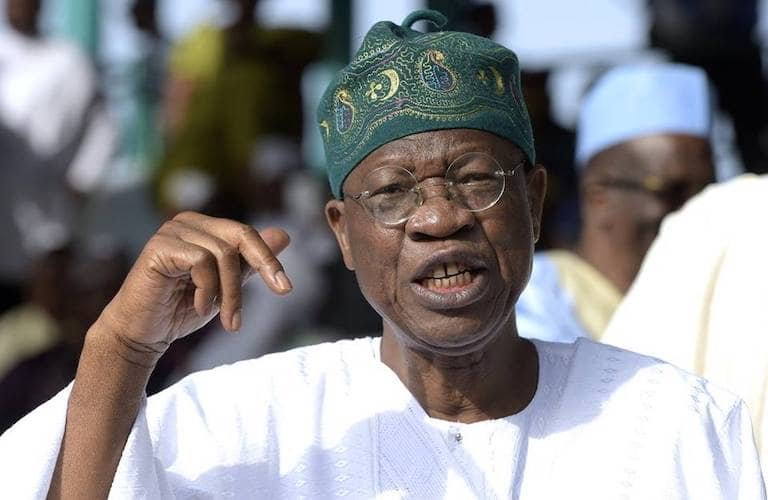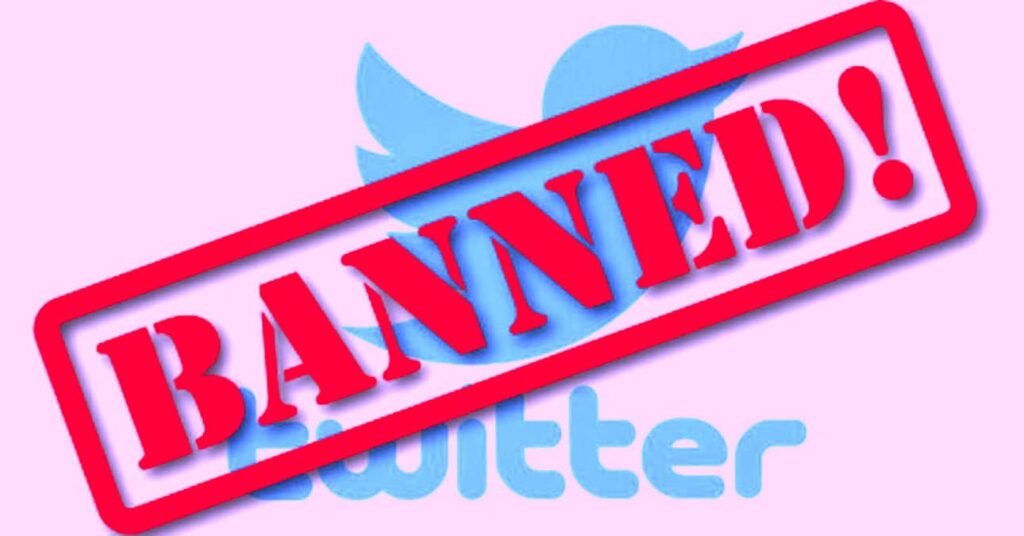The Twitter Ban incident plaguing the online businesses of Nigerians will not end anytime soon as possibilities of reversing the decision are next to none.
Reasons the micro-blogging platform would stay inaccessible in Nigeria is based on assertions by the Minister of Information and Culture, Alhaji Lai Mohammed, who said Twitter is used persistently for activities capable of undermining Nigeria’s corporate existence.
While briefing the House of Representatives Joint Committee on Suspension of Twitter in Nigeria, on Tuesday, in Abuja, the minister said that banning Twitter is supported by laws of the land and has in no way violated citizen’s right.
He argued that the suspension of the micro-blogging platform was also connected to its actions in Nigeria, which contravened public interests, opposed the Companies and Allied Matters Act, CAMA, as well as the Terrorism Act.
Lai Mohammed pointed out that both national and international acts in this context grant Nigeria the authority to gate-keep its cyberspace.
He noted that such laws clearly define the powers of a nation to coordinate and select any computer system, network, or application to form part of its national infrastructure.
The information minister declared that Twitter’s operation in Nigeria’s social space is not constitutionally acceptable since the platform has been adopted for various activities deemed unfit and unsafe to most citizens’ lives and security.

Twitter Ban Reverse
Another reason why the Twitter ban case may not be lifted soon is that it accommodated tweets from the Indigenous People of Biafra, IPOB, an organisation already proscribed by the Federal High Court, to champion its seditious and terrorist based activities.
Mohammed was quick to declare that anyone who commits a seditious act against the Federal Government through Cyber Space would be held responsible for the crimes.
He revealed that any punishment meted would be based on the 1999 constitution, where the freedom of expression is addressed in section 39.
Stressing that the constitution is not all complete, Mohammed explained in detail that section 49 permits restrictions of civil liberties in public interests, which is considered first before any individual concern.

